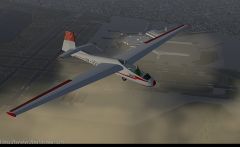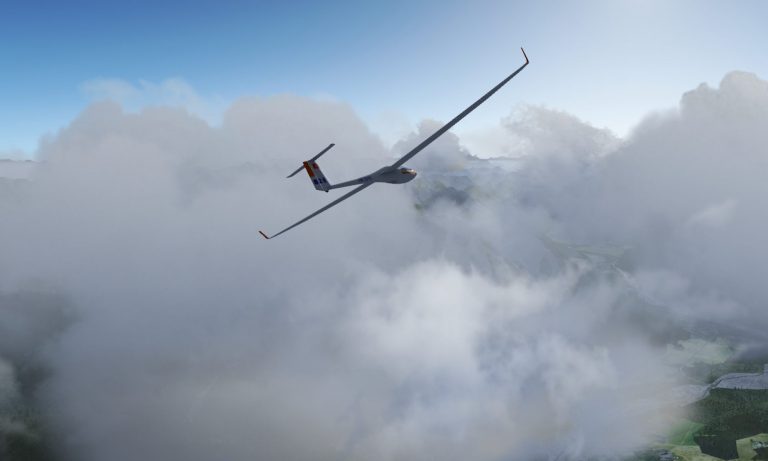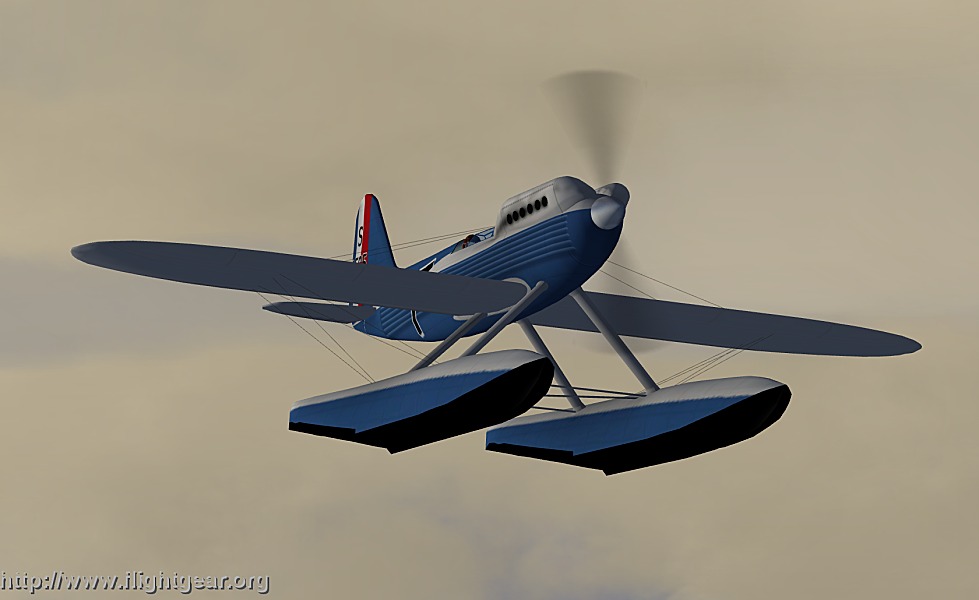

In my mind, it feels like I'm actually learning how to operate the plane in the exact manner I would in real life-and though that's something I can't confirm, it is a fascinating idea that continues to motivate me to try new planes, see what all the buttons do, and try to keep them up in the sky.

#FLIGHTGEAR FLIGHT SIMULATOR REVIEW MANUAL#
At the time of writing, I'm now at the point where I'm operating my plane primarily through manual activation with my mouse and keyboard, using a controller only for its analog stick, and I feel incredibly accomplished. I wanted to know what all the dials and buttons did and when to use them. I wanted to stay in the incredibly detailed cockpit view more often in order to try and internalise the meter readings.

While my experience with arcade flight games led me to choose a middle-ground experience that let me control the plane in a mostly realistic manner, I found myself very eager to learn more. The tutorial attempts to teach you how to read the dials and meters in your cockpit, runs you through basic flight theory and etiquette, and guides you on how to navigate your way through the air by yourself. Microsoft Flight Simulator pushes you to learn more, though. At its most basic level, it's easy to get into the sky very quickly with minimal input using only a gamepad. But the first thing Flight Simulator throws up at you is a menu to determine your level of assistance-a whole manner of optional modifiers and notifications are there to help you get in the air or guide you on what to do and how to do it. Nearly all of them have a tangible function, too, and it's easy to see how the game could be used to train actual pilots to operate particular planes or navigate certain routes. It's a simulator first and foremost, of course-the amount of buttons, knobs, indicators in any one aircraft is staggering. Microsoft Flight Simulator's greatest boon is how easy it is to start experiencing the wonder of flight. With the return of Microsoft Flight Simulator, a game that is built to mimic reality as best as current technology will allow it, I can wield that magic for myself, operating and flying a plane with the understanding that the actions I'm performing have a strong basis in real life. Flight is very real, of course, even if a lot of science behind it can initially seem unreal. Whether it's fighter jets in Ace Combat 7 or TIE Interceptors in Star Wars: Squadrons, the idea of a hunk of metal flying through the air (or space) is an exciting, fantastical idea. Whenever I board a passenger jet to go somewhere, my stomach sinks and my brain says, "Well, I guess you're gonna die now." But the thought of flying is still magical to me.


 0 kommentar(er)
0 kommentar(er)
